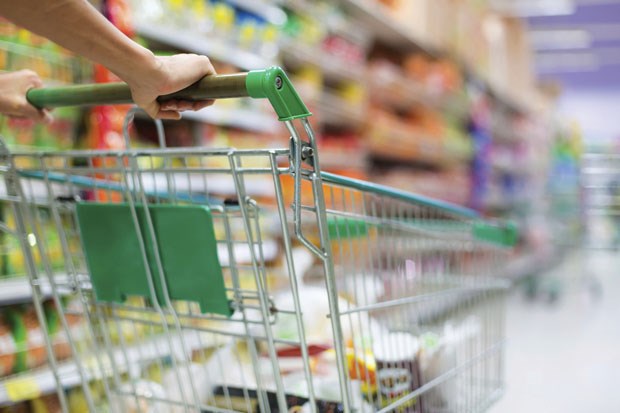As we enter the next phase of living in the COVID-19 pandemic, four new rules have emerged when it comes to governing human behaviour.
How closely we follow them will determine the physical and mental health within our communities, as well as the strength or weakness of our economy.
Perhaps “rules” is not even the right word to best describe them. Maybe “principles” is more apt.
Health Minister Adrian Dix describes them a different way.
“These are our new friends,” he told me. “We need to follow them until we get a vaccine.”
He also labels them “hierarchical guidelines.”
Here, then, are our four new “friends” - ranked in order of importance:
- Physical distancing (also called “social distancing”). This is the requirement to stay two metres apart from all people at all times. This is the space needed to avoid droplets from other people, and this is the bedrock of the public health strategy to contain COVID19 and lessen its potentially lethal impact.
- Engineering controls (physical barriers). This will apply primarily to commercial outlets wanting to serve customers. We are already seeing examples of this in some retail outlets, such as grocery stores. Businesses who want to serve people should invest in things like clear plastic shields and erect barriers on their premises as soon as possible.
- Crowd limits. Right now, the public health order by Dr. Bonnie Henry places a limit of 50 when it comes to any gathering of any people. However, as she has said often, that does not mean 49 people in one place is necessarily a good idea. Small stores, for example, will be expected to ensure people do not overrun their premises to the point of making physical distancing (see point “one”) impossible to implement. Stores and businesses (and classrooms) will likely have a different number when it comes to how many people can be in the same room at the same time, since they will occupy differently sized premises.
- Non-surgical masks. As I have pointed out before, masks do not prevent you from contracting COVID19. However, they can be effective in preventing you from infecting others with the virus. Over time, get used to seeing more and more people wearing masks, particularly in crowded situations. In addition, sometimes points one to three cannot be accomplished, so masks may be a last line of defense.
To be clear, none of these rules replace some basic other ones: washing hands, not touching your face, wiping down surfaces. However, these four “friends” are part of our “new normal” and we are going to have to get used to it.
As Henry likes to say, “This is not forever, but it is for now.”
It appears our “now” is going to last quite a long time.
Keith Baldrey is chief political reporter for Global BC.



